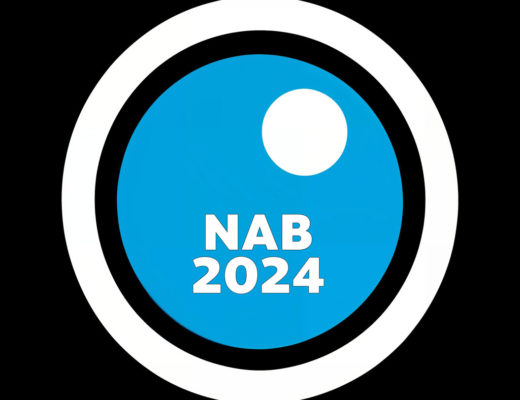Cognitive Edge Utility in Narrative

For many years now I’ve made a strong distinction between narrative and story telling. In IBM days and afterwards I emphasisedanecdotes overstories and frequently evidenced my dislike of the recipe type approaches typified in many a popular writer in this field. Often I have been critical (frequently highly critical) of the business (or organisational) story telling movement. However I have never gone so far as to call themzombies or to suggest that their products are little more thanprosthetic devices. Ina recent post my former colleague Shawn does precisely that and adds inartificial, forced and clumsy just to rub their noses in it. The link he makes with failure artificial intelligence is a good one and while I might be more circumspect in how I expressed it I am in broad agreement with the points Shawn makes, specifically:
- We can learn from script writers, novelists etc. but we can’t replicate those skills in one or even five daystorytelling courses.
- Anecdotes have more value in an organisational context (I remain flattered by the way that Shawn choseAnecdote as the name of his company, along withunorder as his twitter name).
- Too many story telling consultants focus on the performance of the story rather than the learning value of the content (I am paraphrasing here, Shawn does not say that explicitly)
Continues @http://www.cognitive-edge.com

Filmtools
Filmmakers go-to destination for pre-production, production & post production equipment!
Shop Now














